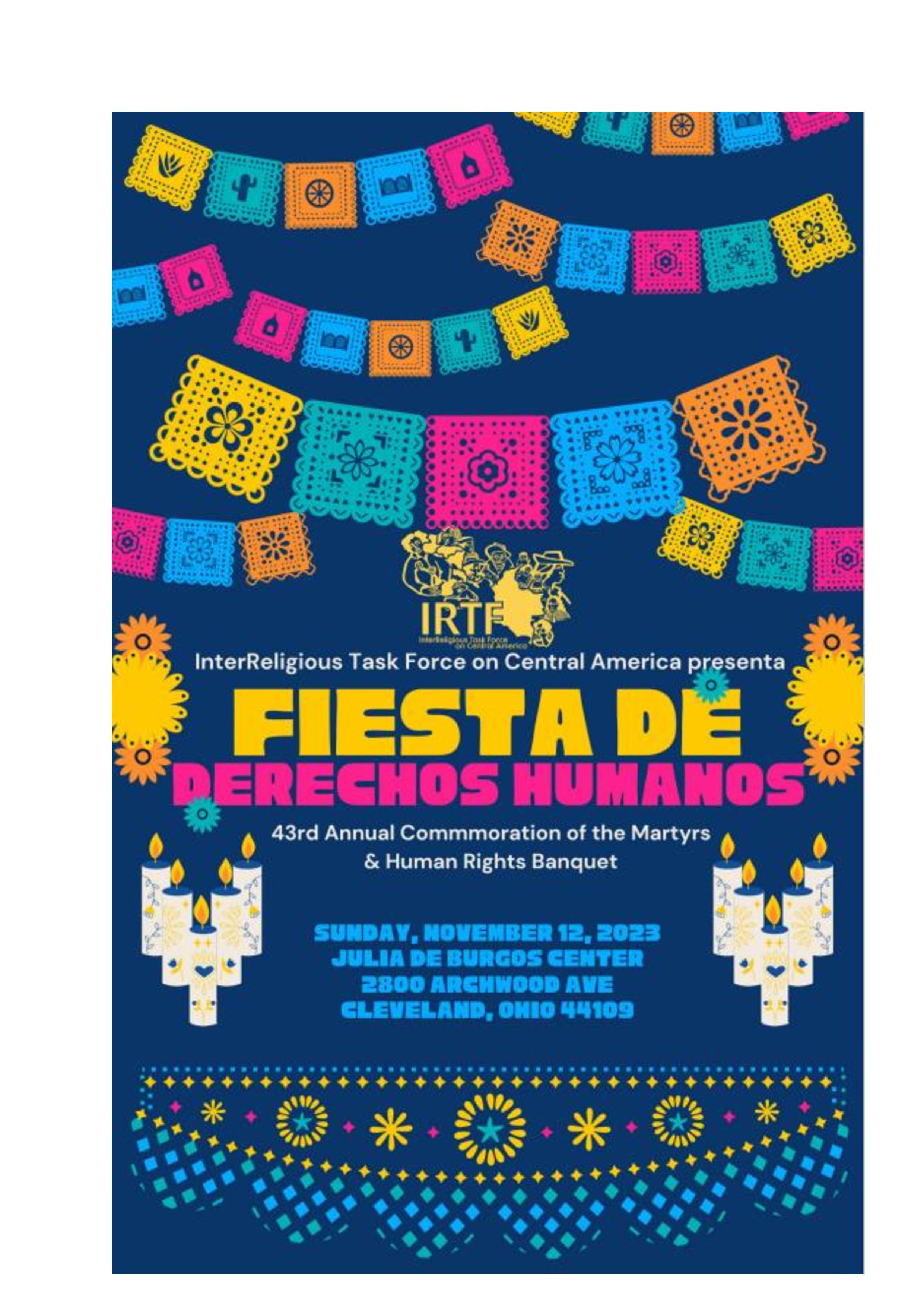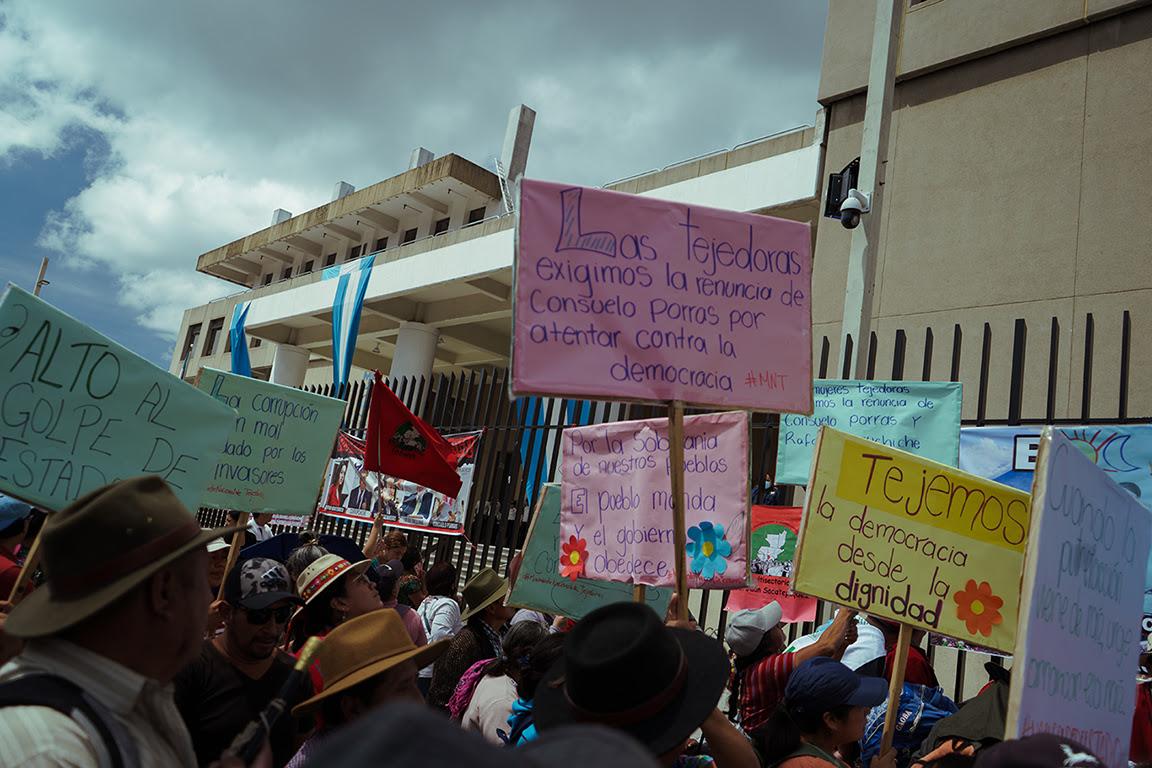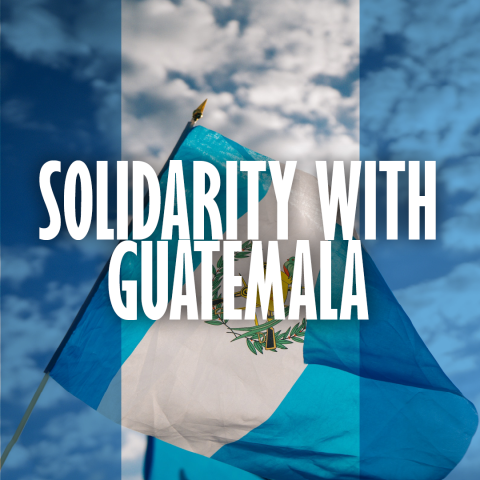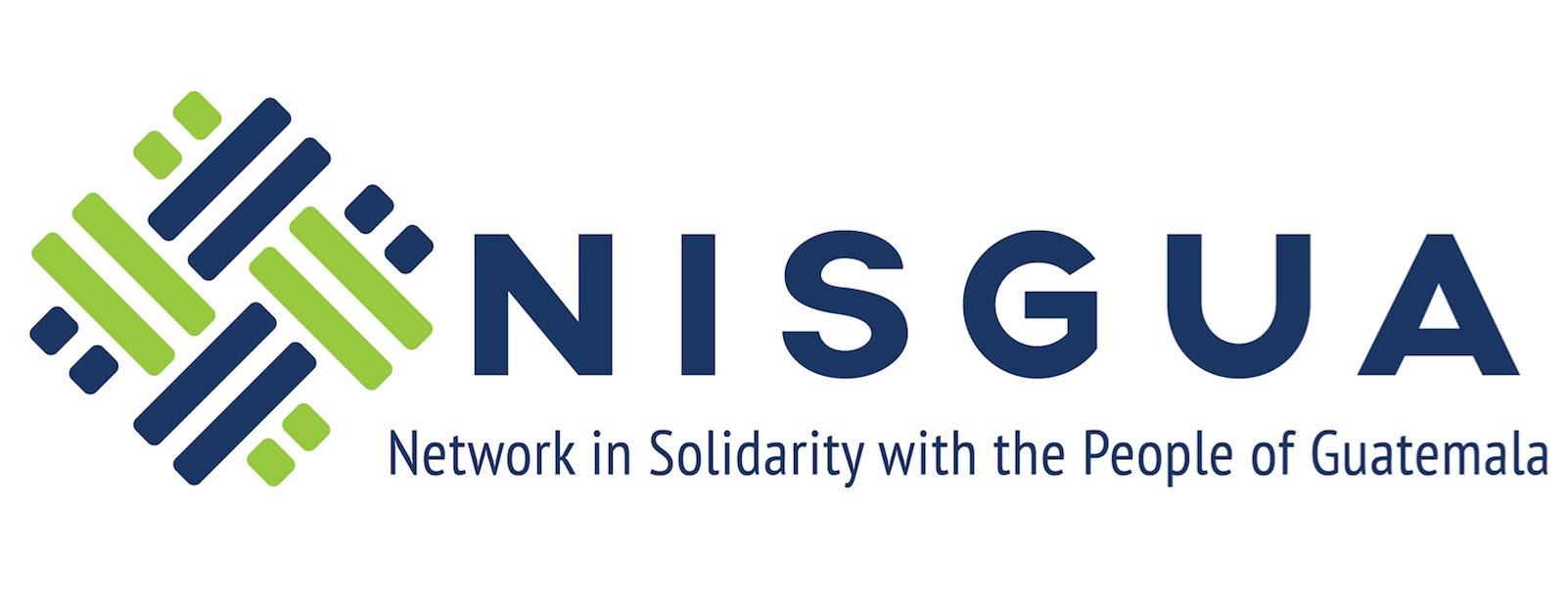Investor-State Dispute Settlement (ISDS) is a facet of international law enabling private corporations to sue governments impeding their profits. This mechanism, embedded in bilateral investment treaties (BITs), often favors wealthy states, compelling less powerful nations to accept ISDS provisions for market access. ISDS allows corporations to challenge governmental actions, even those addressing public health or environmental concerns. The dystopian nature of ISDS is exemplified in the case of Honduras Próspera, a US company attempting to establish a libertarian enclave in Honduras. Despite the Honduran government's efforts to repeal laws facilitating this project, Honduras Próspera initiated an $11 billion ISDS case. Progressive International launched a campaign, denouncing this as 'corporate colonialism' and highlighting the broader threat to global South nations challenging corporate influence through democratic means. The situation underscores the ongoing struggle against neoliberalism and neocolonialism, emphasizing the importance of international solidarity to secure economic and political rights.
- Home
- About Us
- Issues
- Countries
- Rapid Response Network
- Young Adults
- Get Involved
- Calendar
- Donate
- Blog




